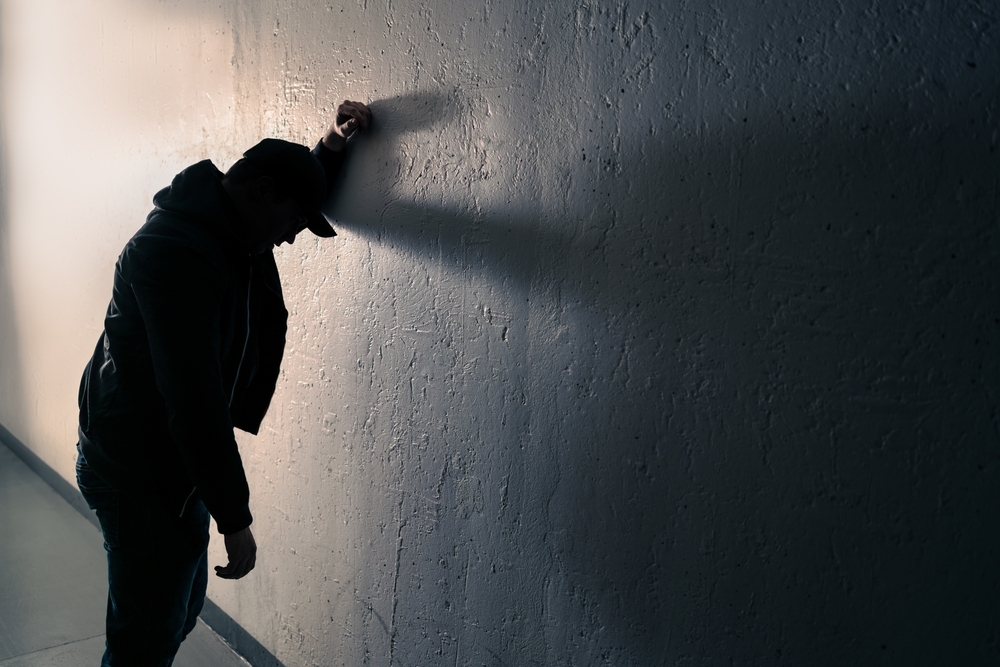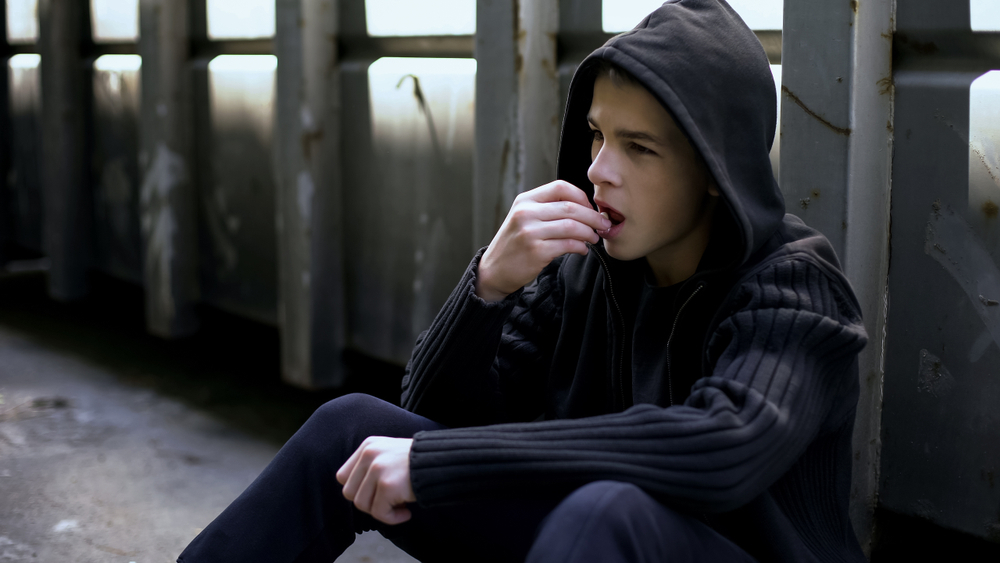Last Updated:
August 6th, 2025
AT UKAT Rehabs, 93% of our clients are still in recovery one year after treatment. This indicates that when treatment is accessed it has a high success rate. But there are various factors that may act as barriers to beginning addiction treatment. Our ethos focuses on ‘ensuring that quality care is accessible to all.’ We focus on highlighting the range of resources available to help you identify which interventions are right for you.
In the throes of addiction, it can feel like there is no hope in sight. But this could not be further from the truth. Help for substance abuse can come in lots of different forms – from pharmaceutical interventions to talking therapy, from peer groups to social support. The important thing is identifying which avenue of assistance is most relevant to your situation. Once this is decided, you can take tangible steps toward addiction recovery.
What kinds of support are available?
When we talk about addiction treatment, we use the phrase ‘rehab’. Rehab may conjure a specific image of inpatient or residential care. Whilst this is one element of rehab, we can think of addiction rehab as a wider umbrella term for many types of addiction intervention.
Put simply, rehab is anything that helps ‘optimise function’ and reduce the impact that different conditions have on our lives. Rehab is any kind of meaningful activity that helps people to:
- Develop independence
- Increase confidence
- Manage symptoms
- Decrease general distress
Rehabilitation for addiction aims to achieve these goals through various methods. The key intervention types are:
- Medication
- Therapy
- Support groups
- Social support
This doesn’t mean that each person in addiction recovery will need all of these steps. But a relevant combination of help can aid you in creating a bespoke environment of support. This personalisable nature works to put you at the centre of care. This is known as person-centred treatment, and it is associated with improved recovery outcomes.
Medication
Not all individuals seeking support for addiction require medication. But in cases where they do, there are some particularly common prescriptions. These include:
- Antidepressants
- Sedatives (anti-anxiety medications)
- Antipsychotics
- Mood stabilisers
- Maintenance medications
Some of these medications can be prescribed to help you manage symptoms of preexisting mental health conditions. Others may be necessary to help treat newer experiences that can be linked to dependency on substances. Some of these medications can be recommended for long-term use, whilst others are only used temporarily to help stabilise your psychological condition.
Maintenance medications are drugs used during detox. A lot of addictive substances cause physical dependence.This makes cessation of use an uncomfortable experience. In order to manage any withdrawal symptoms, clinicians may prescribe maintenance medications. These can help your body adjust to the absence of your addictive substance. Sometimes these drugs are used in the very short period (several days) where withdrawals are at their strongest. Other types (like methadone) may be used for longer and slowly reduce over time.
Therapy
Therapy is a cornerstone of addiction help. Any course of treatment that doesn’t incorporate talking therapy or counselling can risk missing key, personal explorations that are conducive to effective recovery.
Therapy comes in many different forms. It can be quite traditional (such as 1-1 counselling) or more tailored, with approaches focusing on impulsive behaviour control and managing emotional distress. Therapy can also occur outside of the standard ‘talking’ context. More unique options have become more popular and are often integrated into addiction care.
Examples of addiction therapy include:
- Acceptance and commitment therapy (ACT)
- Addiction counselling
- Art therapy
- Cognitive behavioural therapy (CBT)
- Dialectical behavioural therapy (DBT)
- Drumming therapy
- Family therapy
- Group therapy
- Interventions
- Music therapy
- Nutrition support
- Physical health therapy
- The strengths model
- Trauma therapy
- Twelve step therapy
Support groups
A lot of people find engaging with peer support groups very effective. This is sometimes modelled through group therapy in a rehab setting. Otherwise, it can be accessed through community groups, such as:
- Alcoholics Anonymous (UK AA)
- Narcotics Anonymous (UK NA)
- SMART recovery
Social support
Some social support may be accessed through community mental health teams, for example. Others could be linked with council-ran initiatives or contact with social care professionals.
Formal social support during recovery could therefore look like contact with:
- Community mental health teams
- Local drug services
- Harm reduction centres
- Social workers
- Legal professionals
- Finance experts
Potential barriers to treatment
In a perfect world, there would be no barriers to addiction treatment. But we know that today, this is not the case.
Currently, some of the main barriers to rehab include:
- Acceptance of addiction
- Financial difficulties
- Social pressure
- Disability
Acceptance of addiction
The biggest issue is acceptance. If an individual is unable to recognise their addiction for what it is, then they are unlikely to access and engage with treatment in the way they may need.
Financial difficulties
When you come to consider treatment options, there are two key decisions to make – whether to access NHS or private support, and whether to access this as an inpatient or outpatient. These decisions are naturally financially loaded.
- NHS support can take the form of medications, therapies and referrals to social support. This type of support is free in the UK.
- Private support encompasses each element of addiction recovery support and tends to be accessed through specialist care providers.
All of this support can be accessed as an inpatient. Lots of people go down this route as it allows them to focus solely on their recovery. However, it is understandable that the cost associated with inpatient plans can feel daunting in some situations.
Some people may feel discouraged to access private support due to financial concerns. However, payment plans, insurance-based financial support and charity-funded treatment are often options.
Social pressure
For some people, a barrier to treatment is social awareness of their difficulty. People can feel embarrassed or ashamed, and therefore may wish to hide their situation. This can lead to people struggling to incorporate treatment into their daily commitments like work, childcare and social responsibilities.
Disability
One of the biggest barriers to accessibility is disability. Approximately 18% of those living with addiction have a disability. This equates to around 42.8 million adults.
Disabled people can experience additional barriers to support, such as:
- Physical access issues
- Sensory difficulties
- Communication needs
This means that these barriers need to be assessed to ensure that treatment is fully accessible to disabled people in the same way that is for others.
Other personal factors
There are other demographics who may struggle with accessing rehab. This includes:
- Women seeking for non-mixed rehab settings
- Children and teens
- The elderly
- Veterans
- Those with a history of traumatic experiences
Get help
Here at UKAT, we know that there can be barriers to accessing addiction help. We are passionate about making addiction rehab as reachable as possible. This means that we commit to making our addiction services more inclusive.
Contact us today for a free, confidential consultation with a member of our team. We are here to lend a listening, non-judgmental ear and guide you through potential options for specialist, holistic addiction support. We can talk you through the bespoke packages we offer to identify the most appropriate, accessible treatment for you.
(Click here to see works cited)
- https://www.ukat.co.uk/
- https://www.ukat.co.uk/
- https://www.who.int/news-room/fact-sheets/detail/rehabilitation
- https://bmjopen.bmj.com/content/8/12/e024588
- https://nida.nih.gov/publications/research-reports/medications-to-treat-opioid-addiction/what-are-misconceptions-about-maintenance-treatment#:~:text=Because%20maintenance%20medications%20(methadone%20and,disorder%20for%20an%20old%20one.
- https://assets.publishing.service.gov.uk/media/5a75b781ed915d6faf2b5276/Co-occurring_mental_health_and_alcohol_drug_use_conditions.pdf
- https://jamanetwork.com/journals/jama/fullarticle/182898
- https://substanceabusepolicy.biomedcentral.com/articles/10.1186/s13011-021-00371-0
- https://substanceabusepolicy.biomedcentral.com/articles/10.1186/s13011-021-00371-0
- https://pubmed.ncbi.nlm.nih.gov/18844242/
- https://pmc.ncbi.nlm.nih.gov/articles/PMC9232957/



